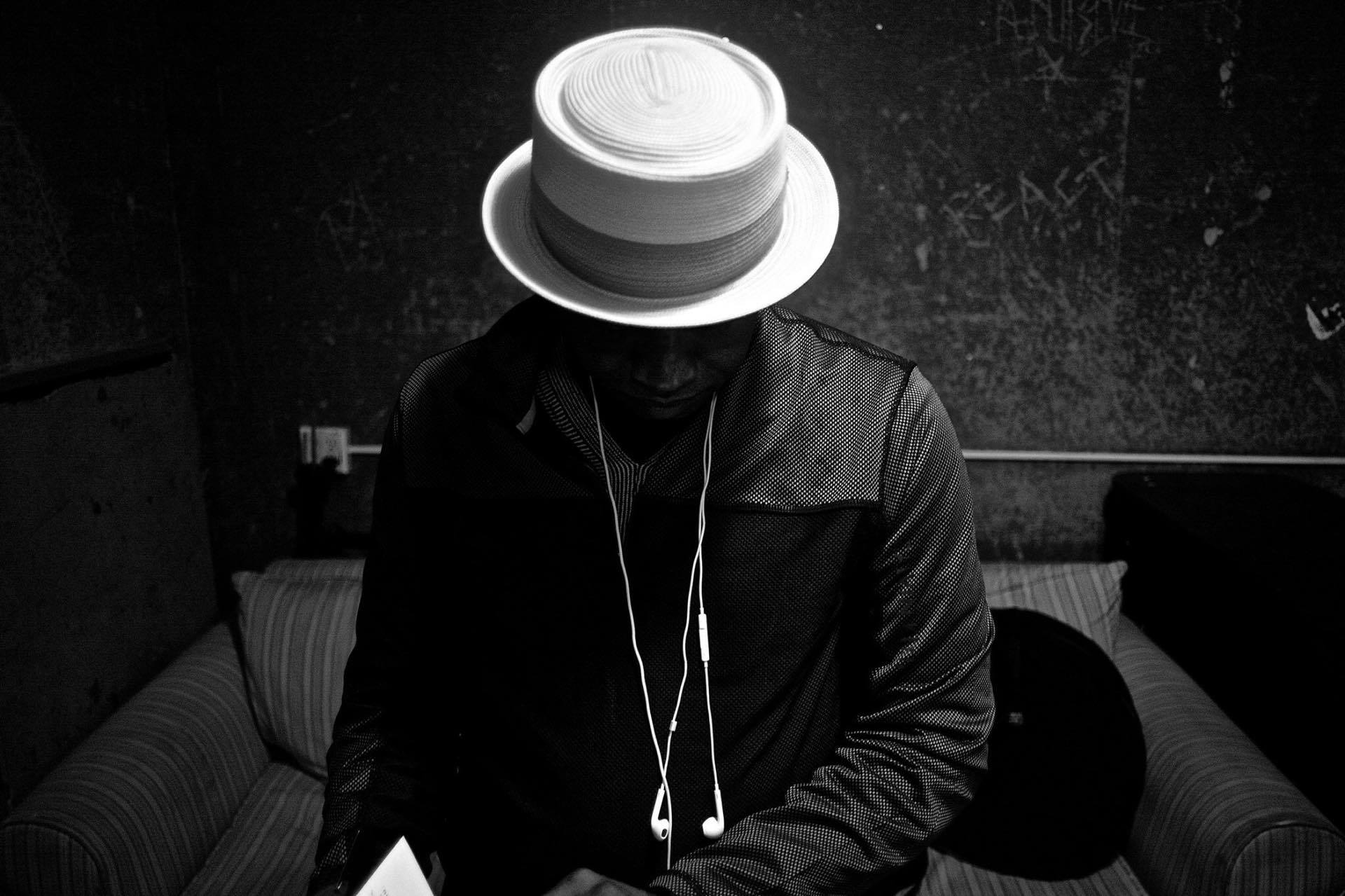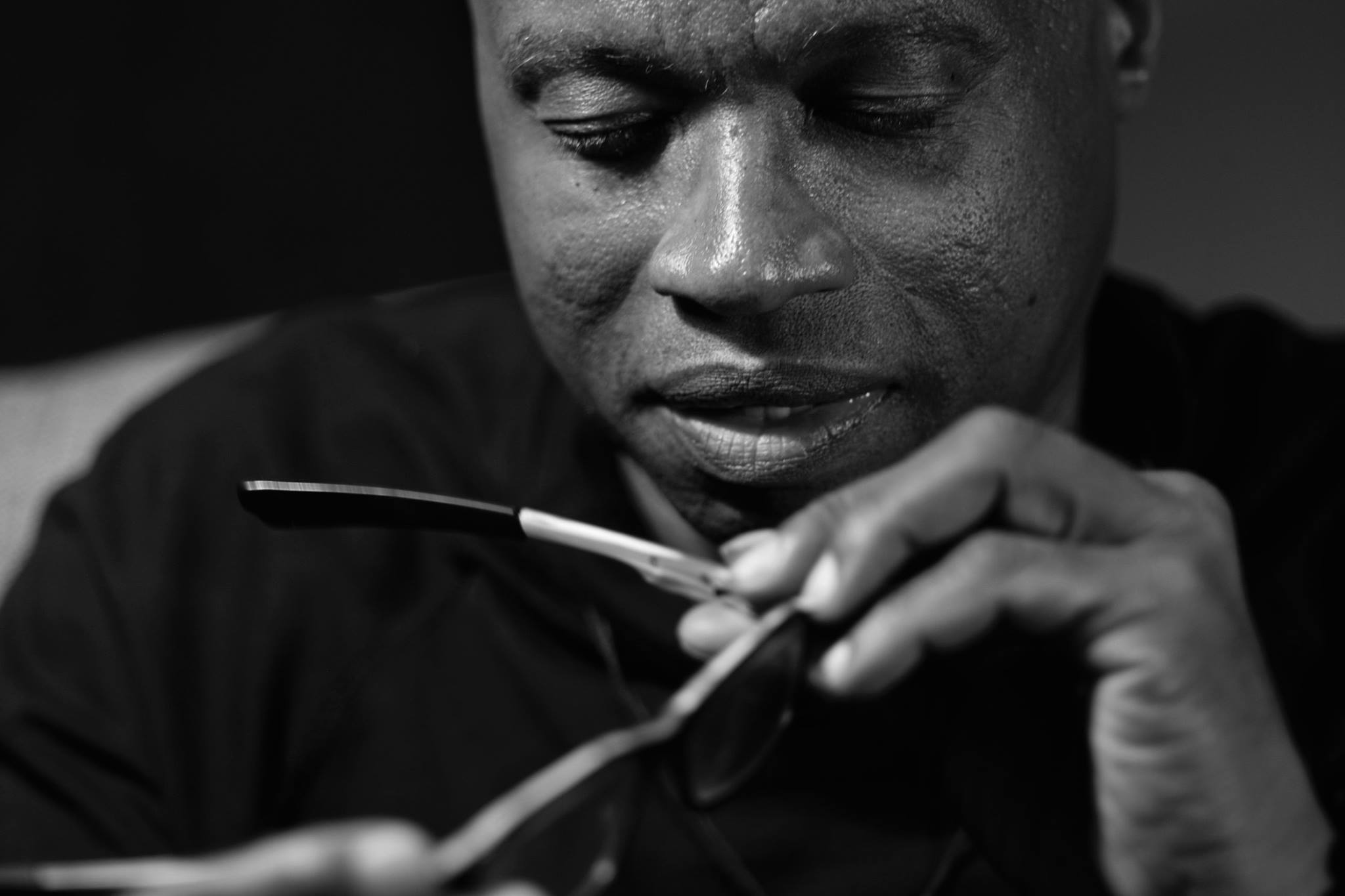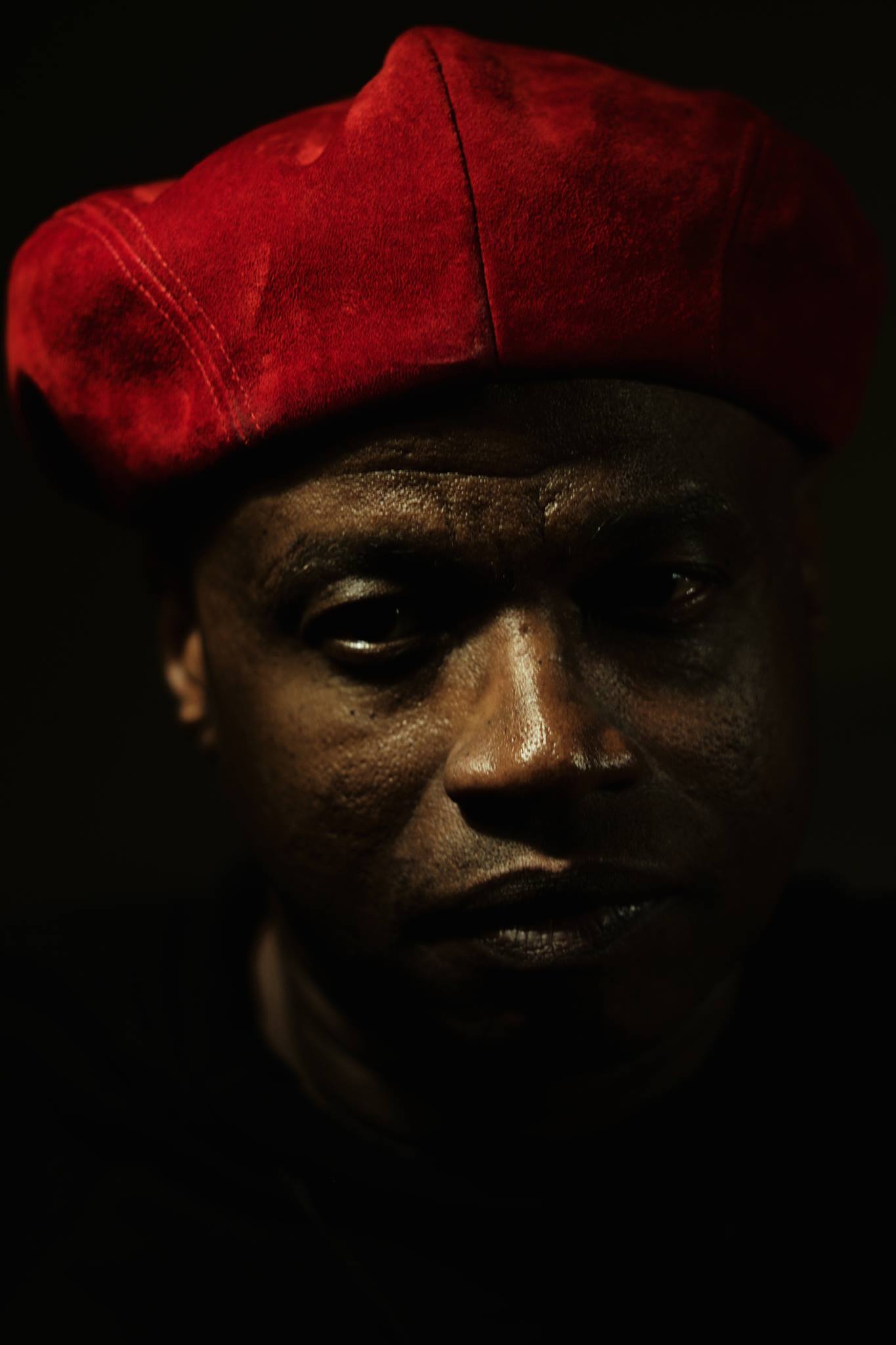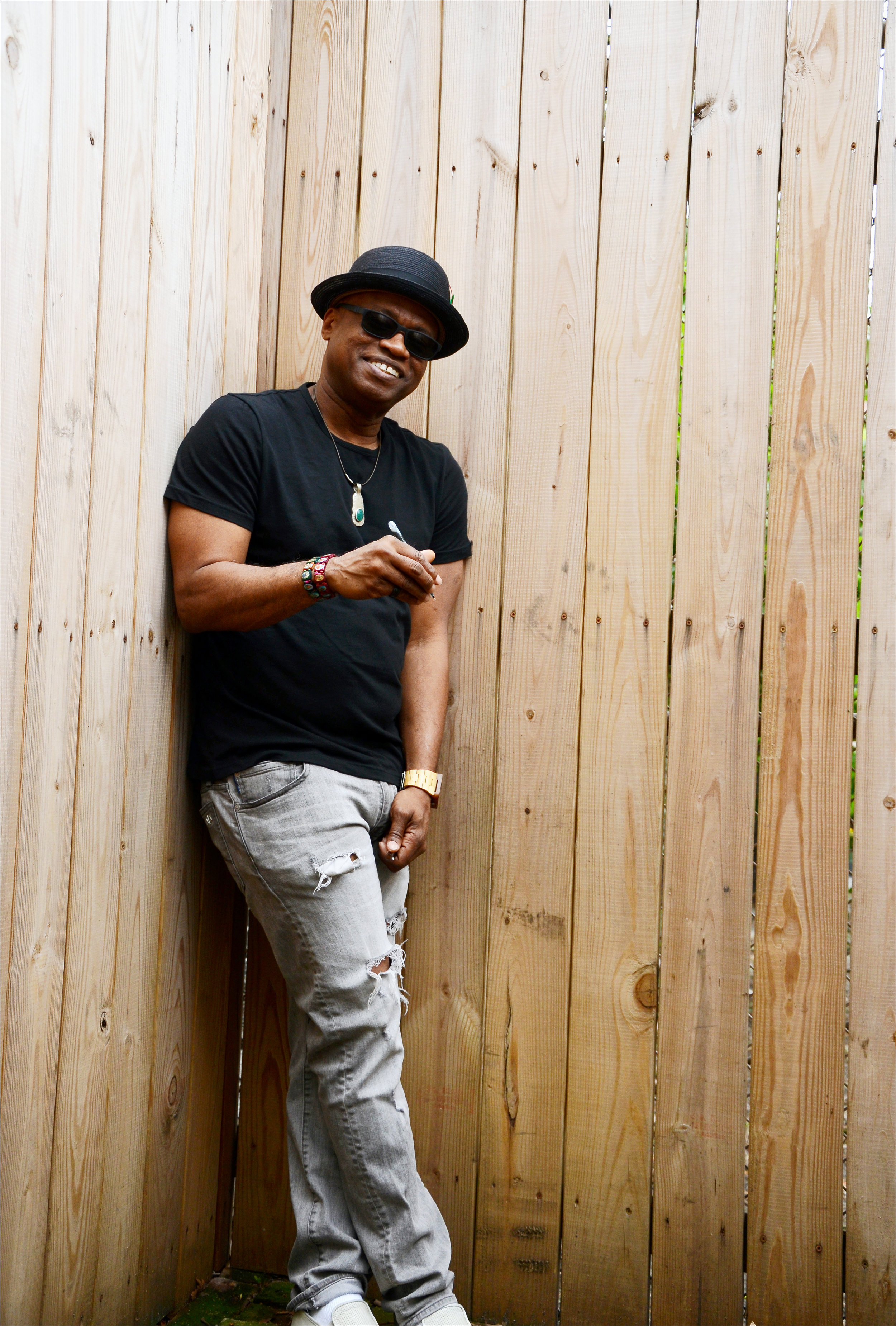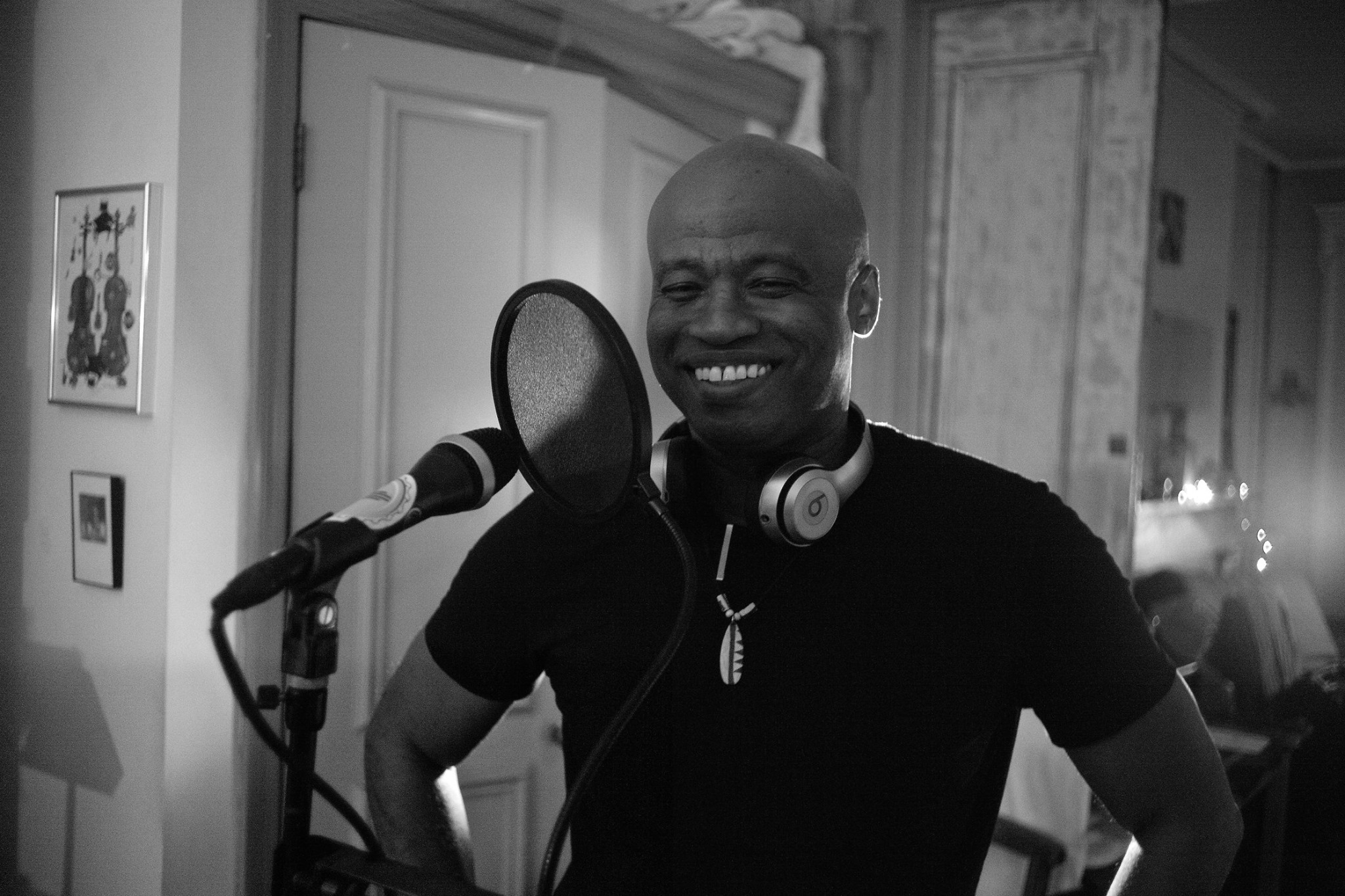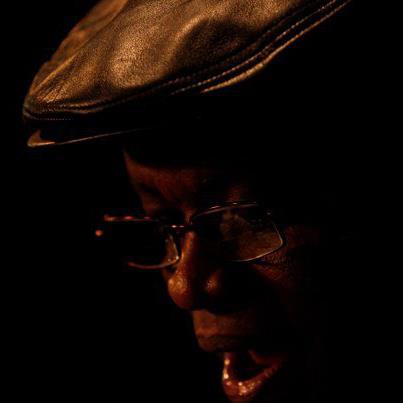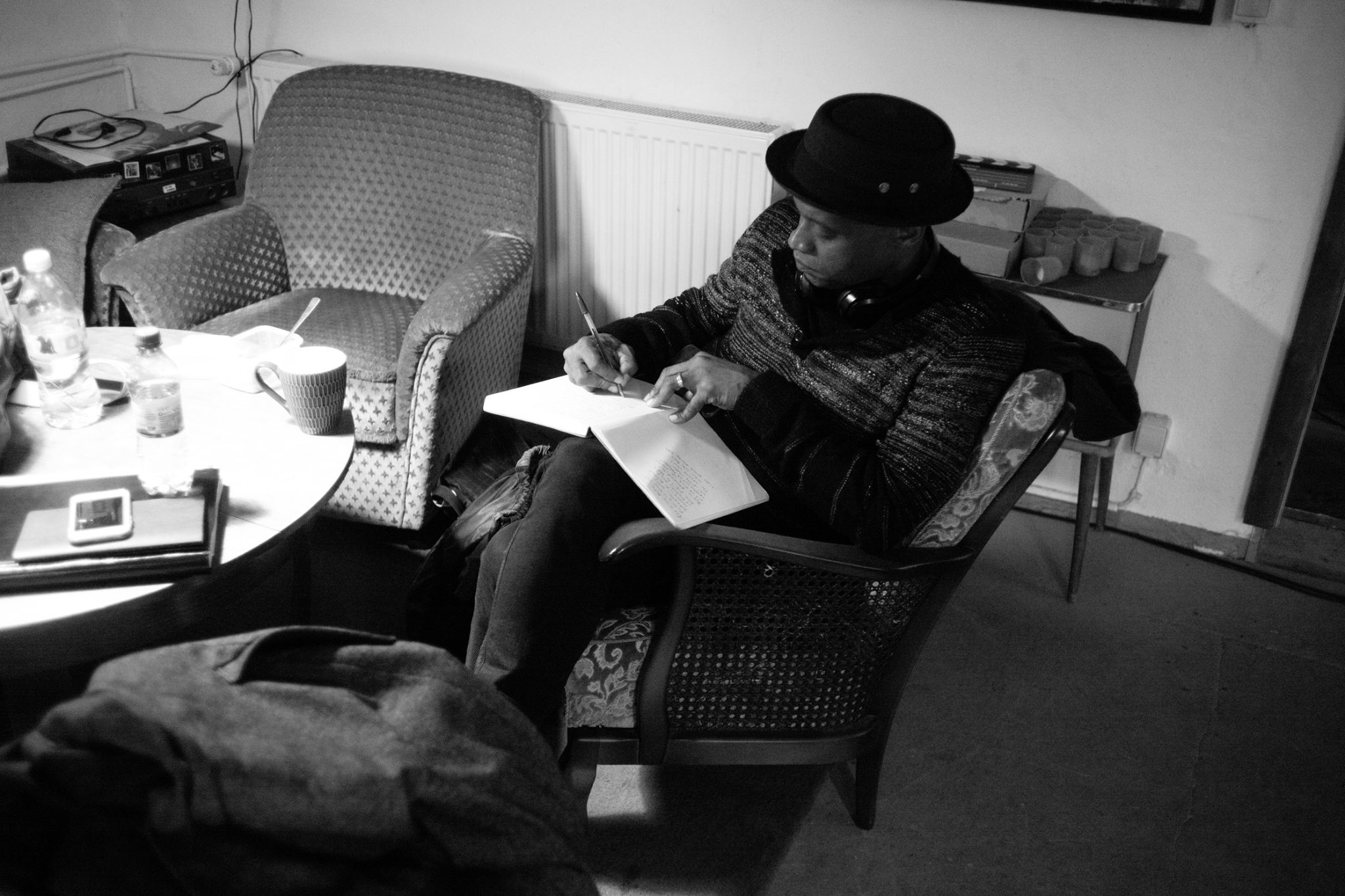The need for a funeral or homegoing for my [self] constructed as the [ex] has been evident for quite some time.
I can honestly say this now, without regret, without feelings of guilt that someone might mourn this death not understanding its necessity. Death must become reality in order for evolution of thought, for the advancement of ideas to occur. This paradox of prison language, within an inescapable box, is too paradoxical to escape without some form of radical departure. If society is to advance and rethink the criminal justice system, the rethinking of language as action must be at the forefront of this cause. I’ve been calling myself an ex-convict, ex-felon, ex-prisoner, ex-inmate because in advocacy an example is better than a hypothesis. I’m not guessing or relying on secondhand information or a series of interviews or in-depth journalism to get a sense of what the inside looks, smells, or feels like long after some volunteer staffer has left the constructed cage, and the eternal silence begins. I know that silence and can recreate it upon command. The unconverted will always want me to retell my transgressions in great detail, explain these misgivings in a language I do not believe in, nor want to. Above all else, the high and mighty must be convinced I am one of the good now, that my life is full of redeemable qualities. I need to share in lecture-form or causal conversation the many escapades, like the one on 14th & Park Road in Washington, DC where my man Dirty Red’s left testicle got blown off in a robbery attempt, or how I once used to operate a crack house one block away from the now famous Busboys & Poets on 14th & V Street.
Read more

